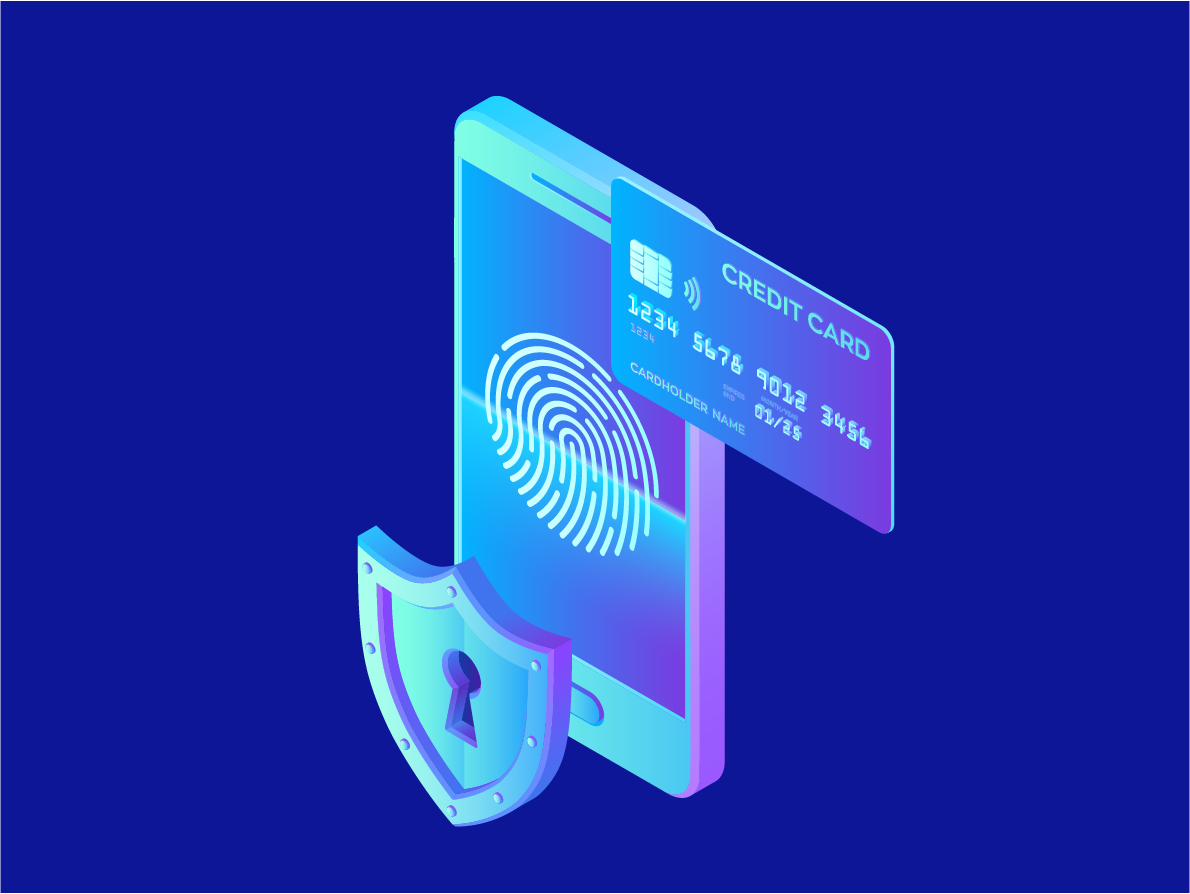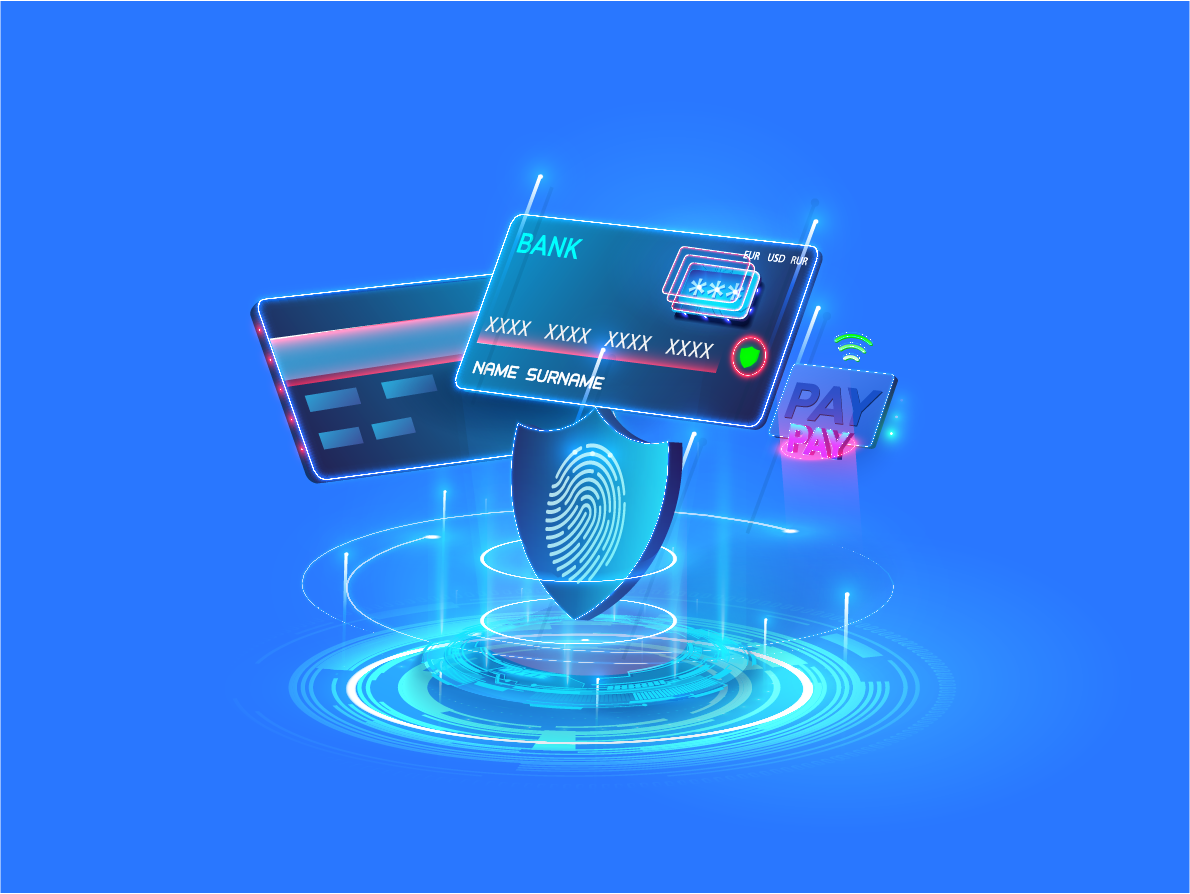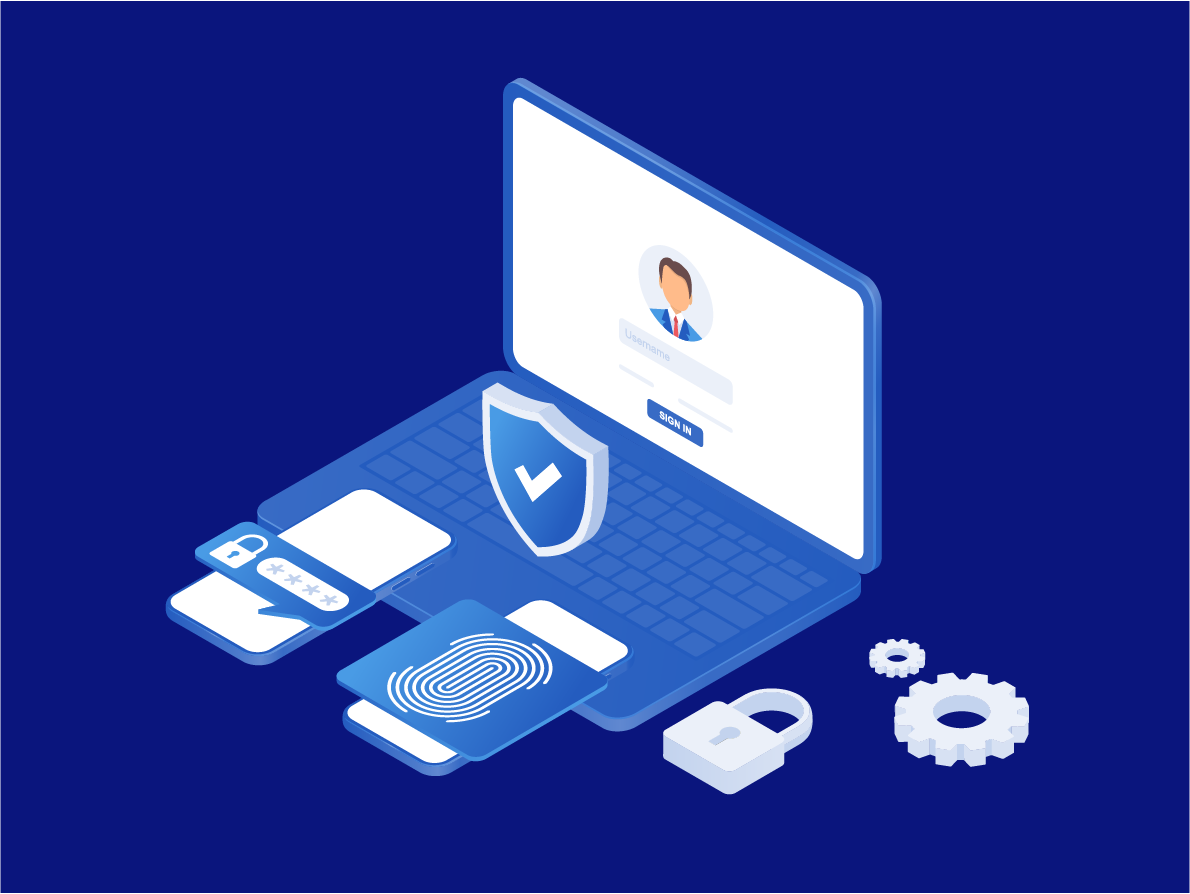
Fortune Business Insights predicted that the digital payment market worldwide would grow by almost 25% or near $20 trillion by 2026. The primary factor for this forecast is the rise of e-commerce and the number of people transacting online, especially Gen Z consumers. Additionally, cashless transactions are now more convenient and direct than traditional payment methods. Businesses take these advantages to offer a seamless checkout experience for users.
Unfortunately, along with the growth in the payments industry, fraudulent activities on the internet are also increasing. Global e-commerce lost $20 billion in 2021 due to online fraud – a record that is 14% higher than in 2020, with the Asia-Pacific and Latin America regions reporting the highest share of stolen funds. These cyber-attacks emphasize the need for strong real time fraud prevention campaigns to protect users.
In 2018, the European Union (EU) implemented the revised Payment Services Directive (PSD2) to improve e-commerce security among member states. PSD2 requires Third Party Payment Providers (TPPs) in the European Economic Area (EEA) to integrate strong customer authentication (SCA) into their services. SCA can lessen the risk of unauthorized access by bad actors with an additional authentication process.
Businesses must leverage robust security solutions to bolster cybersecurity, increase customer conversion rates, and comply with PSD2 policies. For a secure and user-friendly onboarding experience, LoginID can help through its delegated authentication and payment authentication solutions.
Understanding Strong Customer Authentication
PSD2 aims to guarantee consumer protection amidst the rapidly changing digital environment and expansion of non-bank services. To achieve this feat, the European Commission, through the regulatory technical standards (RTS), suggested increasing the e-payment security levels based on the draft submitted by the European Banking Authority (EBA).
SCA promotes multi-factor authentication (MFA) to protect consumers better when making remote electronic transactions, such as online banking and e-buying. The SCA guidelines state that European banks and digital payment services must set up authentication infrastructures for regulatory compliance. Service providers must verify customer details before accessing their payment accounts and completing online transactions. The authentication process must feature at least two of the three following elements: knowledge, possession, and inherence.
Knowledge refers to information the user knows, such as a password or PIN, while possession is something the user owns, such as a smartphone. Meanwhile, inherence is the biometric authentication data of the payer, like facial, iris, or fingerprint recognition. Designed independently, it makes fraud more difficult to execute, as bad actors need to break past multiple verification steps.
The extra security layer SCA adds serves as a fraud deterrence. But it also has its disadvantages as it may cause friction. Requesting users to undergo additional verification eliminates instant gratification, which might cause them to abandon their purchase and look for other hassle-free options. For online retailers, this means losing revenue. To this end, merchants should consider integrating frictionless digital onboarding solutions to solve this problem.
Delegated Authentication in Meeting PSD2 Regulations
Meeting PSD2 regulations certainly has its potential cons, like cart abandonment. Some customers do not like the extra security layer as it can prove to be a hassle if not properly implemented. But, regardless of their objections, payment service providers (PSPs) must comply. Per the SCA general authentication requirements, a PSP is also required to establish a monitoring mechanism to detect illicit payment activities and delegated authentication can often be the best choice.
Delegated authentication is assigning the task of verifying users to an outside party, like an acquiring bank or digital identity provider. It is an alternative that offers security and convenience in one package, benefiting financial firms, e-commerce retailers, and consumers.
Contrary to the traditional payment scheme, retailers no longer need to perform the SCA requirements themselves as a specialized third-party service can do the job. Following standards like [FIDO2 passwordless authentication](/news-releases/news-loginid-launches-wordpress-plugin allows service providers to strengthen security while delivering seamless user login and transaction experience. With it, people can use their biometric digital signature to access their accounts and make payments.
Payment Authentication in Meeting PSD2 Regulations
Online fraud is prevalent these days. Research and Markets projected that the online payment fraud incidents would double from 2018 to 2023. In Europe, especially in the United Kingdom, more consumers have altered their post-COVID-19 payment habits due to security concerns. In Switzerland, more than 85% of online retailers became fraud victims, while in Germany, two of three e-commerce companies observed a significant rise in fraud attacks.
These issues raise concerns about improving the validation process of credit cards and other personal data before proceeding with any transactions. Payment authentication, like delegated authentication, is an MFA security asset used to detect fraudulent activities. It enables companies to confirm that the person transacting is the real account owner.
Fintech industries integrate various payment authentication schemes to confirm every transaction's validity. They include typing the one-time password (OTP) sent to the user's mobile phone, answering challenge questions, and other passwordless authentication UX methods. These procedures enable PSPs to provide high-level security and a smooth user experience while attaining higher transaction approvals.
LoginID Solutions for PSD2 Compliance
Preventing fraud in online payments is a primary objective of the PSD2 implementation. The directive introduces the SCA requirement to all e-payments and involved parties to safeguard the users' confidential financial information. This way, people can be confident when banking or purchasing online, boosting the digital economy.
But additional security means users must undertake another procedure that might drive potential buyers away. Companies need to establish a regulatory-compliant and reliable onboarding and payment authentication infrastructure for their digital platforms to deliver a positive user experience. Passwordless authentication solutions like LoginID allow e-payment businesses to heighten data privacy and earn higher returns through FIDO2 strong customer authentication tools.
LoginID offers FIDO-certified passwordless confirmation schemes that can improve the overall security policies of companies and their clients. It uses robust security specifications like FIDO2 biometric authentication to maintain PSD2 compliance while providing cutting-edge data and resource security.
Moreover, LoginID is easy to understand and integrate. Businesses and users can integrate the solution into multi-channels, browsers, and different operating systems. LoginID’s solutions also have mechanisms for safely recovering accounts and cross-device attestation.
To learn how LoginID can help meet PSD2 regulations and provide you with real time fraud prevention solutions, get in touch with our experts today at sales@loginid.io. You may also:
- register for a free account to get immediate access to LoginID’s passwordless authentication solution
- read our developer documentation
Sources:
- https://www.fortunebusinessinsights.com/digital-payment-market-101972
- https://www.statista.com/statistics/1273177/ecommerce-payment-fraud-losses-globally/
- https://www.ravelin.com/blog/how-does-delegated-authentication-promote-checkout-conversion
- https://ec.europa.eu/commission/presscorner/detail/en/MEMO_17_4961
- https://www.visa.co.uk/dam/VCOM/regional/ve/unitedkingdom/PDF/visa-preparing-for-psd2-sca-publication-version-1-1-05-12-18-002-final.pdf
- https://ec.europa.eu/commission/presscorner/detail/it/qanda_19_5555
- https://www.researchandmarkets.com/reports/4807582/europe-online-payment-fraud-and-security-2022


